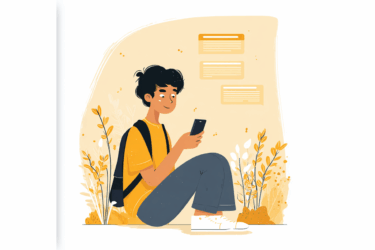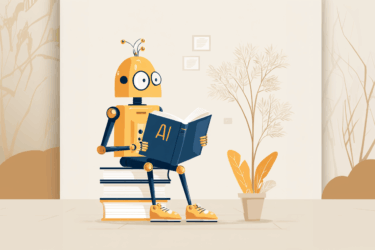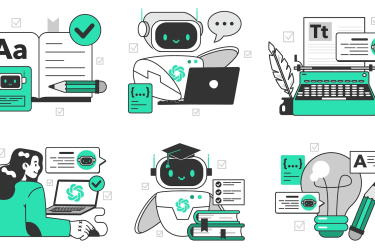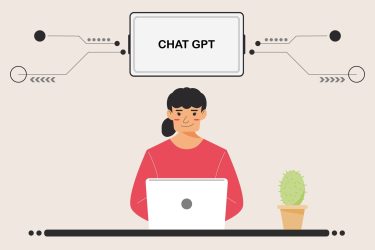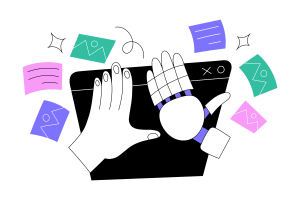When one applies the paper at university, the teachers run it through a plagiarism tool even before reading the text. When writers send their pieces to magazines or create content for websites, savvy editors never publish a word without plagiarism checking. What is so important about plagiarism that one needs to avoid at any cost; and what happens when plagiarism is detected?
Why so serious
Plagiarism is literally intellectual theft. When one takes the content from the original author and passes it off for their own work without crediting the source, stealing is exactly what’s happening, even if the subject is not material. Moreover, plagiarism is wrong for other ethical reasons.
- In education, cheating violates academic integrity, and decreases the studying effectiveness, harming, in the first place, the plagiarizer.
- When it comes to publications, copied texts don’t bring any value to the reader, can distort information, and shape false beliefs and conceptions.
What happens when student is caught in plagiarism
Plagiarism is a form of cheating, and cheating, as we know, is prohibited in any educational institution. The repercussions of violating the rules depend on each case, its seriousness, and the particular professor or university’s decisions.
- At the very least, a low grade or failed assignment is a given when the student is caught plagiarising. It’s a very mild consequence for such a serious offense, so, it may be applied if the student has a really good reputation, is caught cheating for the first time, and the plagiarism case is not a profound one.
- A failed course, often without the right to retake it, is the most probable outcome for plagiarism cheating if the offender is caught in it for the first time.
- Detention or expulsion are not exceptional cases when it comes to plagiarism! Even doctorate degrees were revoked when plagiarism cheating had been uncovered after years of graduation. So, no penalty is considered too strict when it comes to academic honesty, especially final papers; or when the student is caught cheating repeatedly. The whole university’s reputation is at risk if they publish stolen works and let their graduates get away with plagiarism. Hence, they approach plagiarism-related cases meticulously.
Besides the apparent outcomes, students and researchers who plagiarize face challenges that can determine their careers for years to come. Plagiarism ruins one’s reputation, and the person becomes less trustworthy among professors, colleagues, and peers. Plagiarizer loses their chances to master and improve their skills, learn new information, and become a valuable expert. After all, it is draining for the nervous system, as the plagiarizer is constantly worrying about being caught instead of feeling the joy of creating something new!
Consequences of plagiarism at workplace
In the professional domain, plagiarism comes with repercussions both for the offender and for the business.
- Ruined reputation and job loss are the number one plagiarism consequence. Would you respect and trust the colleague who stole your idea and published it under their name? Well, no one would. Originality and honesty are must-follow job ethic values in professional environments. Those who violate them jeopardize their reputation drastically; sometimes to the extent it becomes impossible to find a new job.
- Financial loss and legal consequences. The main problem with plagiarism at work is that it puts not only the employee but the whole project or business at risk. If the publishing house releases a stolen book, the lawsuit will affect the whole establishment and potentially cost millions of dollars. If the researcher publishes a plagiarised article, it questions the trustworthiness of the whole scientific field. Reputational scandals, legal actions, and failed projects come at a high cost for any individual or business. Hence, employers and editors are really strict about any plagiarism-related risks: the stakes are too high!
- Degradation and burn-out may sound more abstract, but are very real when plagiarising becomes a habit. On the personal level, the employee quickly loses vigor when mundanely replicating someone else’s efforts instead of bringing the creative potential to life. More globally, new approaches spark healthy competition and stimulate the whole domain to develop and grow, while when each project copies the others, stagnation, boredom, and low income are the only perspectives that can be found there. Not that inspiring, is it?
Read more on the Consequences of Plagiarism, and avoid them with our plagiarism and Chat GPT checker! Join us now to try our tools for free.

